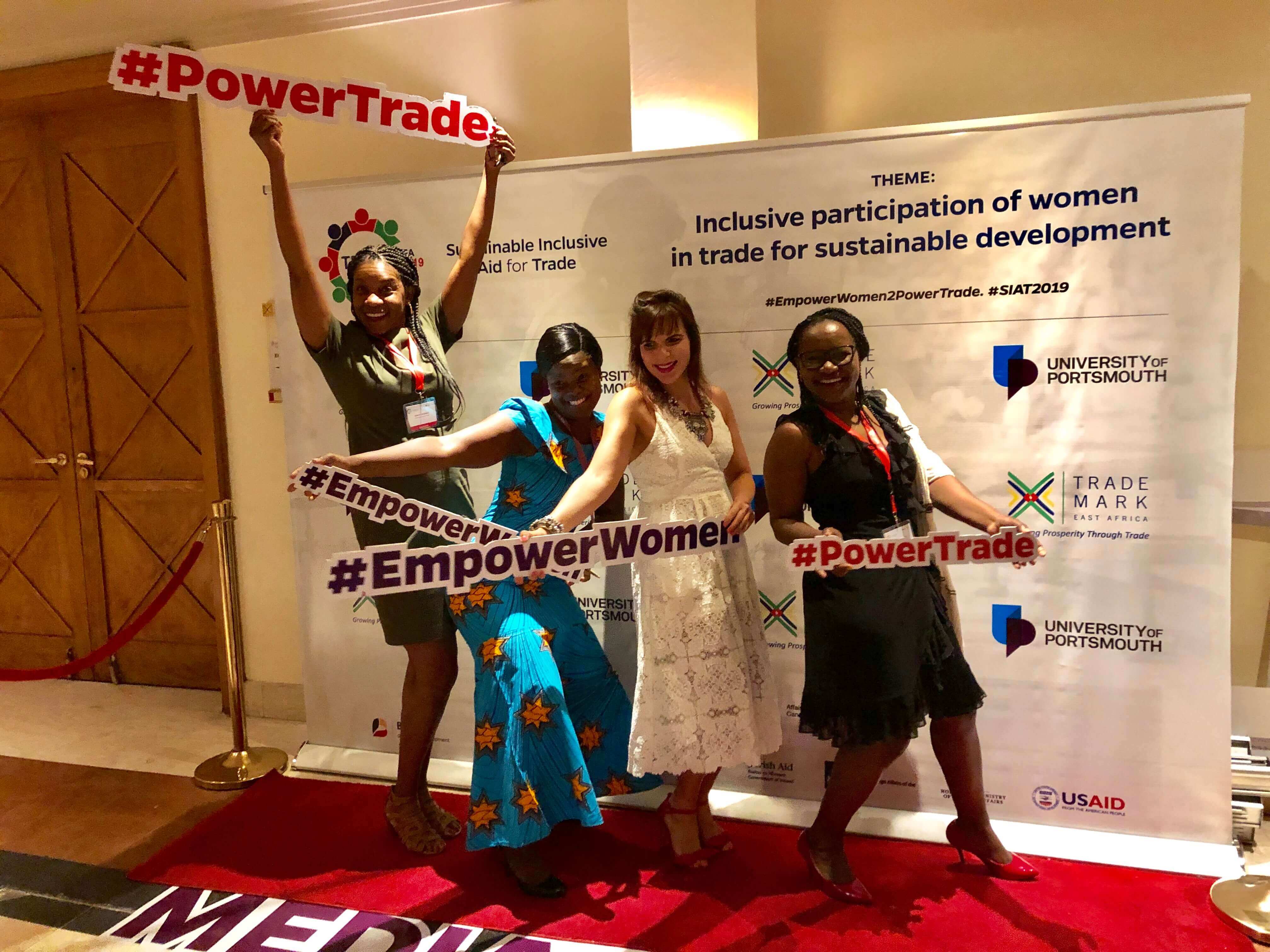Passengers travelling from Juba in South Sudan to Gulu in northern Uganda now have a faster option, following the introduction of commercial flights between the two towns. The route will be operated by a privately owned airline; Sky Travel and Aviation, which will fly passengers twice a week to and from Juba. The company had its maiden flight on Saturday from Juba international airport to Gulu airport with one passenger and crew aboard the white 5Y-MWW 12-seater plane.Emmanuel Cosmos Gombura, the director of the company told URN that the flights will ease movement of the business community between the two East African countries. The flights will cost $170 (about Shs 630,000) for a one-way ticket. Gombura added that they have lined up three planes on the route. This means that instead of the usual road trip of 306km, usually covered in six hours, passengers will spend less than one hour to arrive in Juba and vice versa by air.George Lapir Aligech, a businessman in Gulu town and president of Gulu Municipal Development Forum is optimistic that the flights will promote movement of the business community to promote trade and commerce. Meanwhile, Ojara Martin Mapenduzi, the Gulu district chairperson says the initiative will aid rapid economic recovery in Acholi in terms of business and fostering bilateral relations between the Juba administration and Uganda. Mapenduzi says the district will rally support from government to renovate and expand Gulu airport to international standards in order to attract and promote more commercial flights by...
South Sudanese airline launches passenger flights to Gulu
Posted on: October 24, 2019
Posted on: October 24, 2019

















